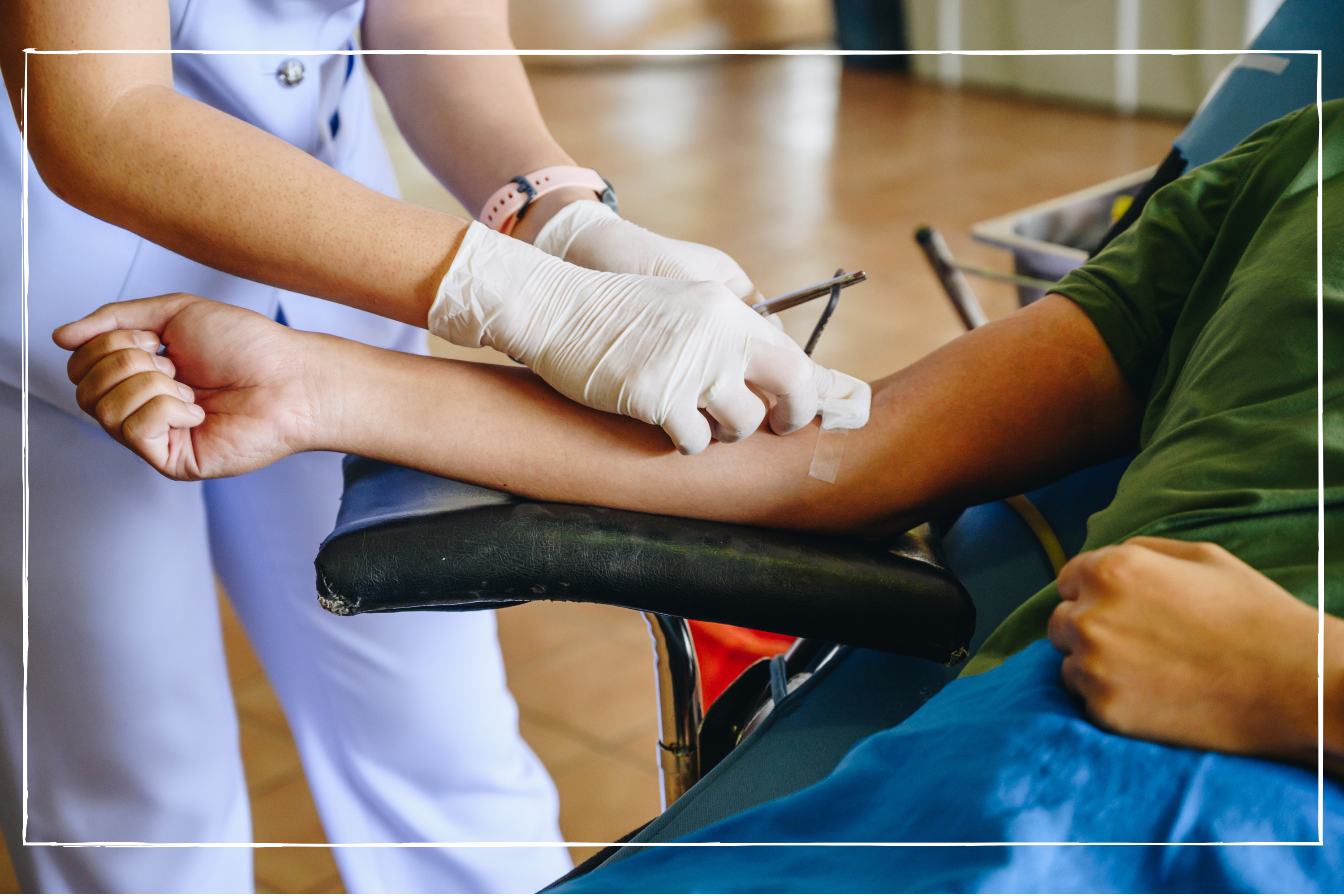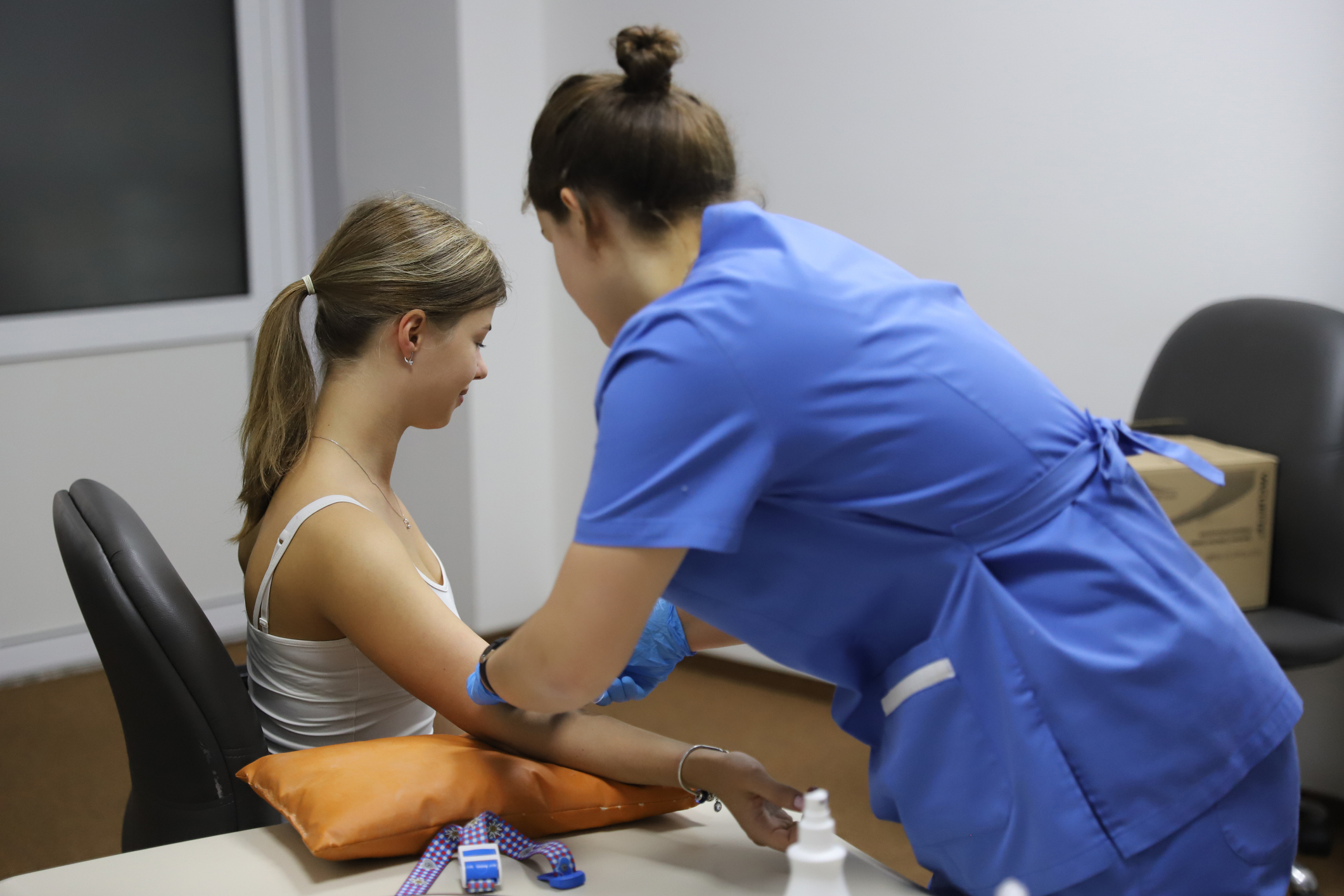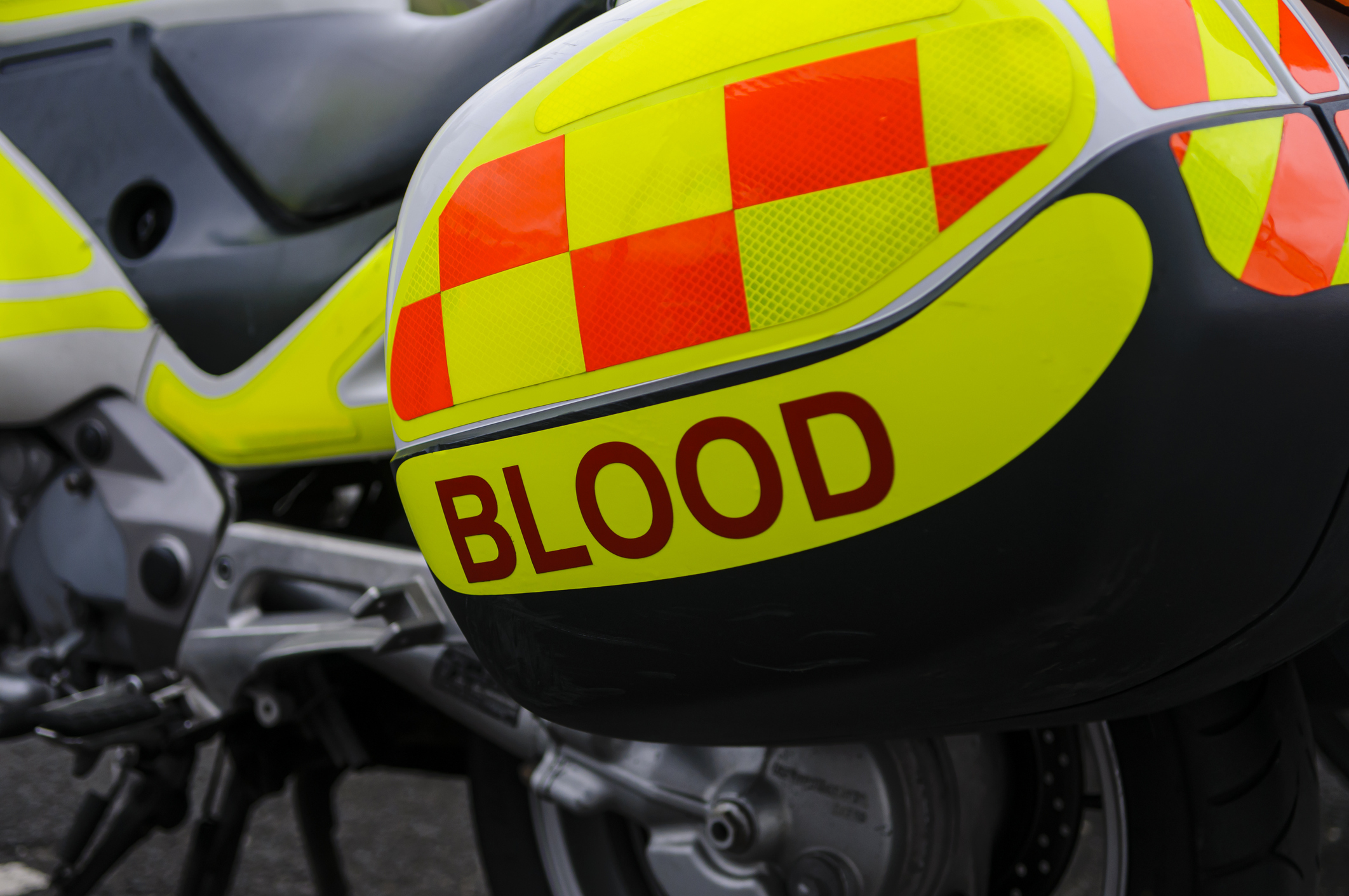How to give blood: Who can donate and what blood types are needed?


Following concerns that supplies could reach “critical” levels over the winter period, NHS Blood and Transplant is looking for more people to give blood in time for the new year.
With talk of new Omicron symptoms, it’s easy to forget that colds and flu are still flying around - and wreaking havoc on the healthcare system. While winter is always difficult, the additional pressure caused by early flu season alongside Covid-19 and colder weather has meant that the situation is even trickier in 2021. At the end of October, NHS Blood and Transplant was forced to declare a major incident as levels risked dropping to just under two days’ worth of supply - when they normally aim to have at least five.
Without any intervention, there could be “insufficient” stock over January through to March next year. So, this is everything you need to know about how to donate blood - whether you’re a regular or a first-timer.
How to donate blood
If you’ve ever donated blood before, you can just make an appointment on the NHS Give Blood app. It’s available to download from most app stores.
Alternatively, you can find a blood donation centre online through the NHS Blood and Transplant website. There are 23 donation sites across England where permanent teams have been set up to assist with donations. Even though there are Covid restrictions, many of these are still open with face mask rules and social distancing in place.
If you’ve never given blood before, you’ll need to register as a donor. You’ll have to answer a couple of questions about your health to determine whether you’re eligible. If so, you’ll be taken automatically to the registration page. Here, you can book an appointment.
Who can donate blood?
Most people can donate blood, given the following conditions:
Parenting advice, hot topics, best buys and family finance tips delivered straight to your inbox.
- You are fit and healthy
- Weigh between 7 stone 12lbs and 25 stone (50kg - 158kg)
- You are between 17 and 66-years old
- You are over 70 and have given blood in the last two years
The guidelines on who can donate blood were updated just this year, following changes made after World Blood Donor Day in June. Now, everyone will be asked questions about their sexual behaviour to screen for common infections.
Ella Poppitt, the chief nurse for blood donation at NHS Blood and Transplant, said, “We screen all donations for evidence of significant infections, which goes hand-in-hand with donor selection to maintain the safety of blood sent to hospitals.

“All donors will now be asked about sexual behaviours which might have increased their risk of infection, particularly recently acquired infections. This means some donors might not be eligible on the day but may be in the future.”
What blood types are needed?
All blood types are needed but these are the ones especially in demand:
- O negative
- O positive
- Ro subtype
O negative is the blood type of around 8% of people, according to NHS Blood and Transplant, but it makes up for about 13% of requests from hospitals. This is because it can be used for emergencies or when someone’s blood type isn’t known as anyone can have the red blood cells from O negative donors.
The Ro subtype is a type of Rh positive blood which someone might have if they have O positive, A positive, B positive or AB positive blood. It’s particularly sought-after as it’s used to treat sickle cell. And while demand is increasing for it every year by up to 15%, only 2% of people who regularly donate blood have this particular subtype.
As well as these blood types, there’s a particular need for men to donate at the moment. They can give more often than women.
Do you get paid for giving blood?
No, if you give blood via the NHS you do not get paid.
Germany, Austria, China and the US are among those who do pay their blood donors. But voluntary donations are the rule for 62 countries around the world who collect more than 99% of their blood supply from unpaid donors, the World Health Organisation (WHO) says.
The decision not to pay donors in the UK comes from WHO’s advice on blood donation. They said that an “adequate and reliable supply of safe blood can be assured by a stable base of regular, voluntary, unpaid blood donors.

“These donors are also the safest group of donors as the prevalence of blood borne infections is lowest among this group.”
Can you give blood after having the Covid-19 vaccine?
Yes, you can still give blood after having the Covid-19 vaccine.
“We need you to keep donating blood, plasma and platelets during the pandemic,” NHS Blood and Transplant says. “Donor centres are still open despite coronavirus restrictions.”
However, no matter whether it's your first jab or the booster vaccine, they ask that you wait a full 7 days from the date of your vaccination before you give blood. This is a precautionary measure, the centre says, to “keep you and the people who receive blood safe.”
Some people have side effects like a headache, aches and chills following their vaccine. By leaving a gap, any side effects you do have won’t be confused with feeling unwell after donating blood.
If you do have any side effects after vaccination then you have to wait for 28 days from your recovery.

Grace Walsh is a health and wellbeing writer, working across the subjects of family, relationships, and LGBT topics, as well as sleep and mental health. A digital journalist with over six years experience as a writer and editor for UK publications, Grace is currently Health Editor for womanandhome.com and has also worked with Cosmopolitan, Red, The i Paper, GoodtoKnow, and more. After graduating from the University of Warwick, she started her career writing about the complexities of sex and relationships, before combining personal hobbies with professional and writing about fitness.